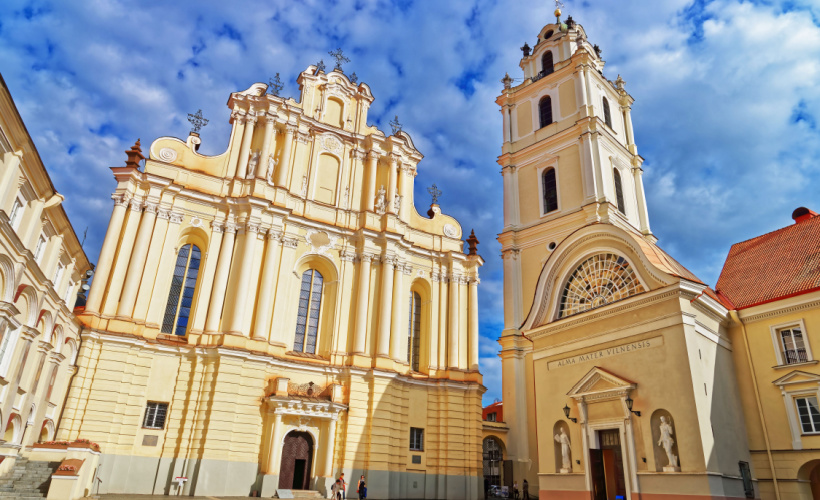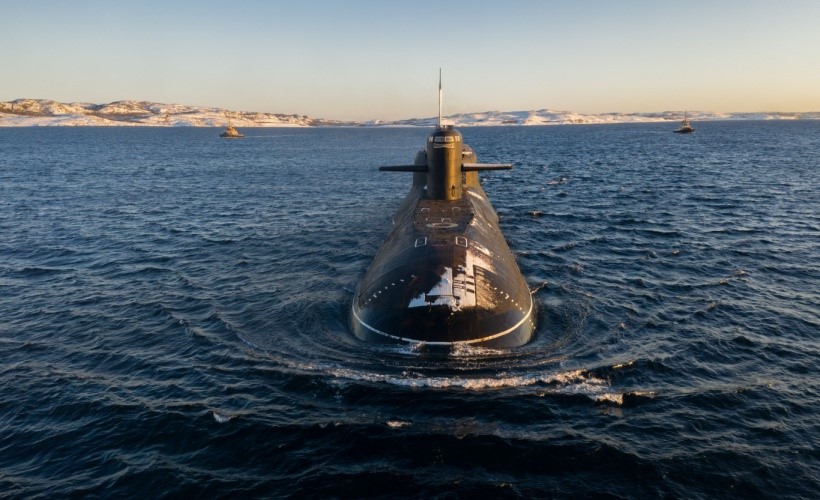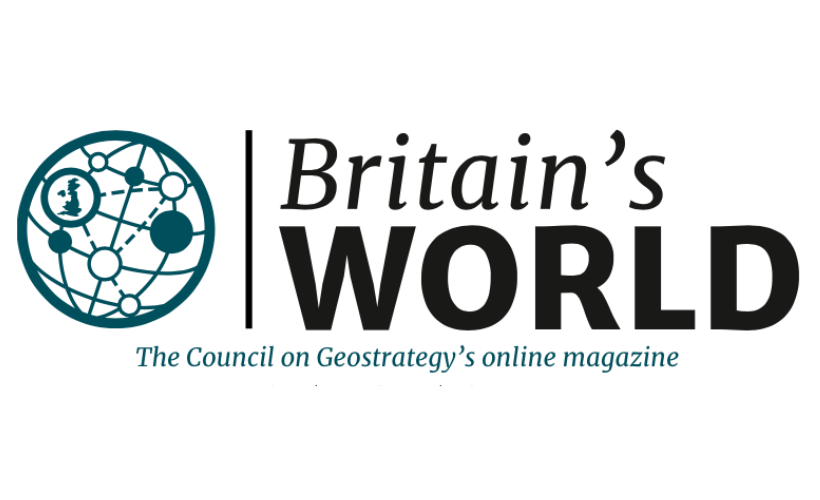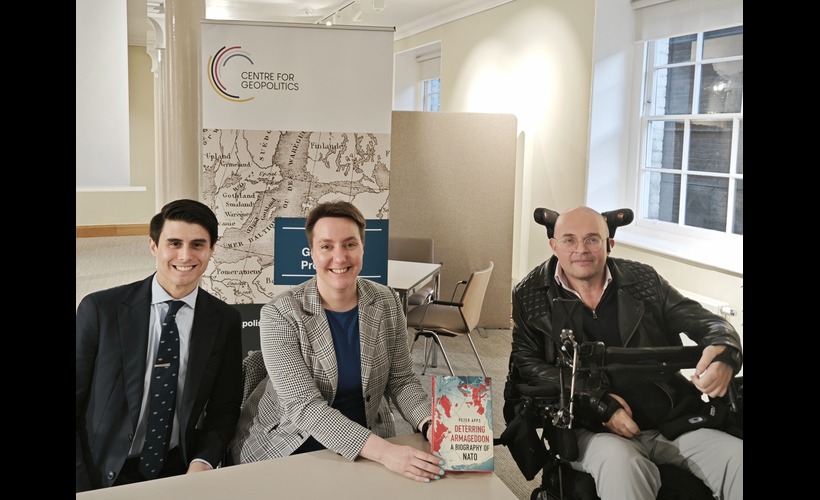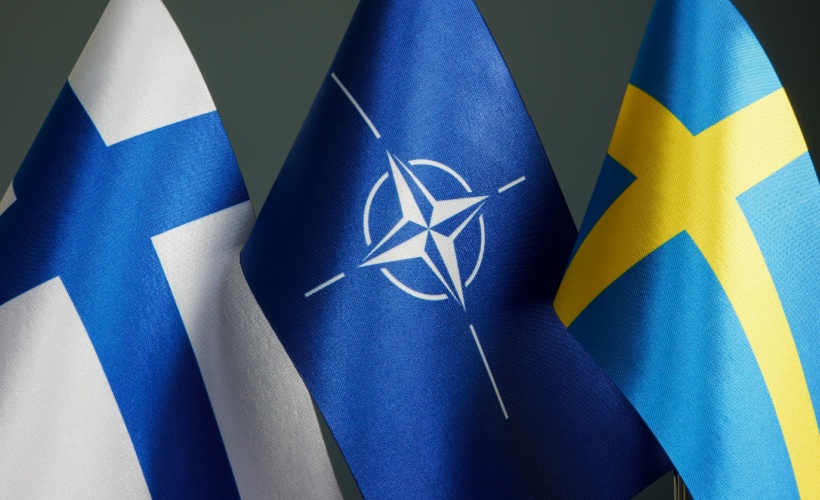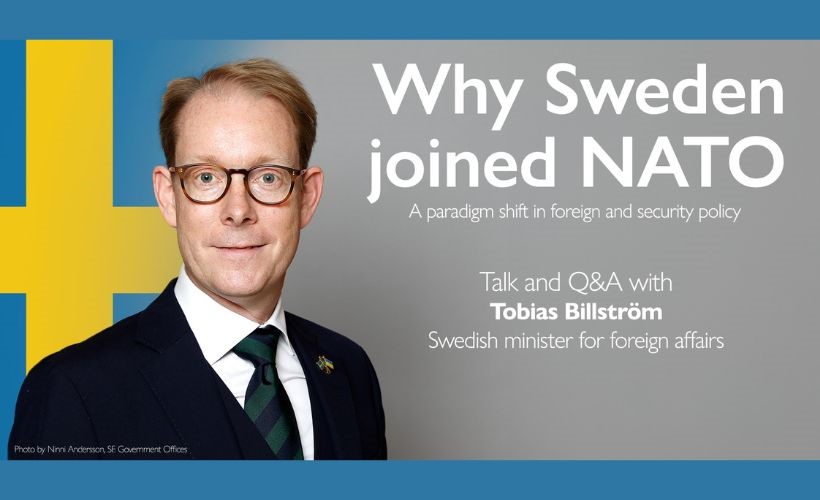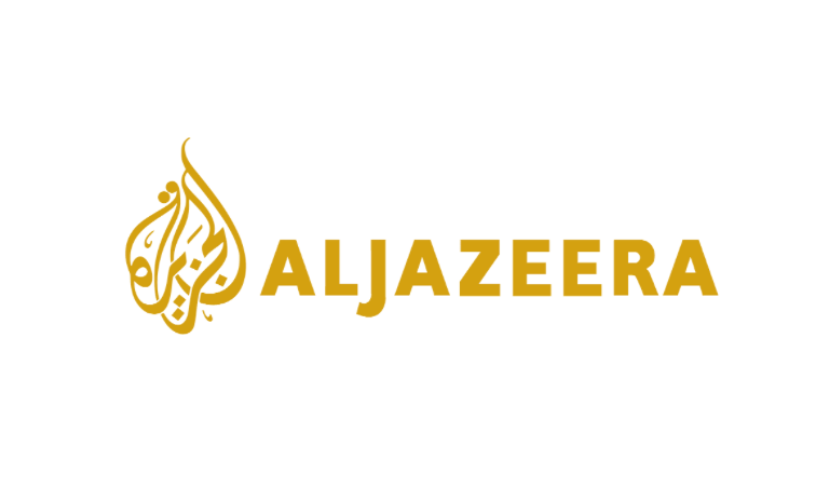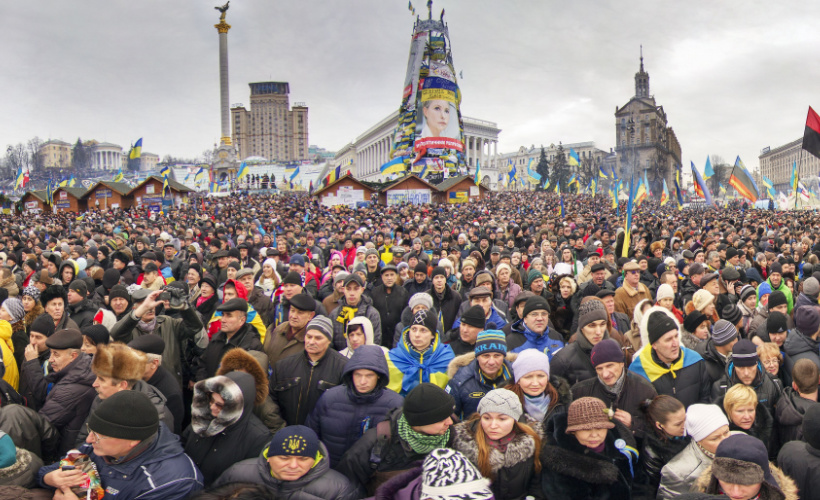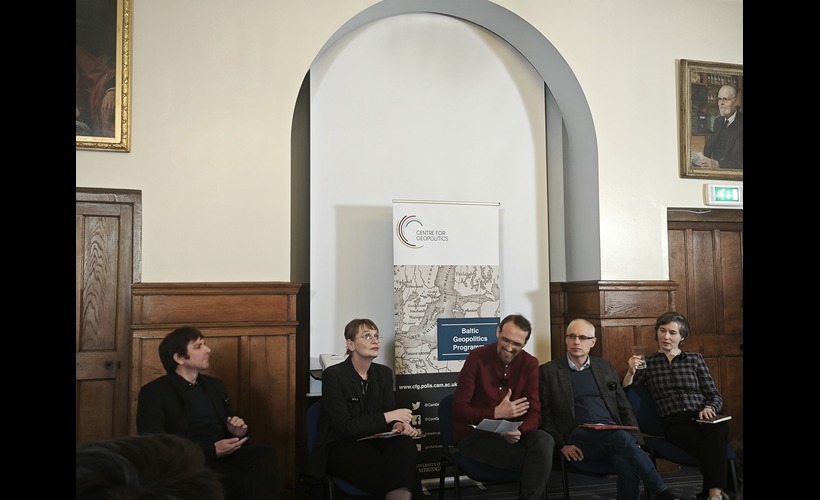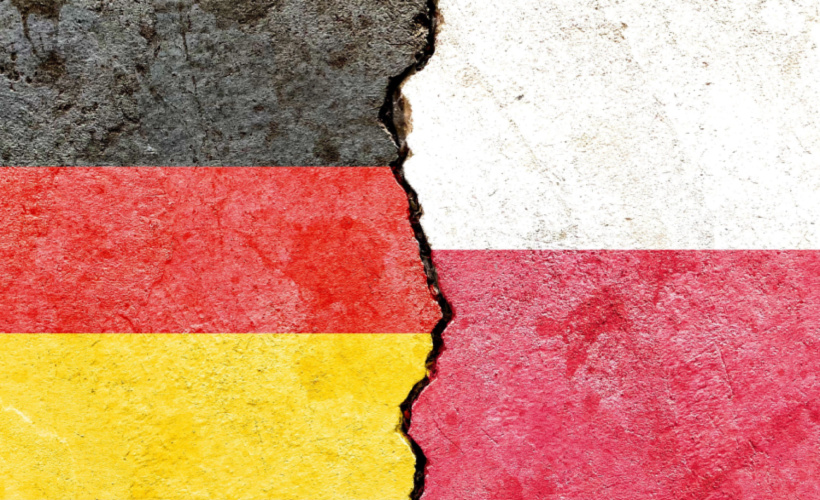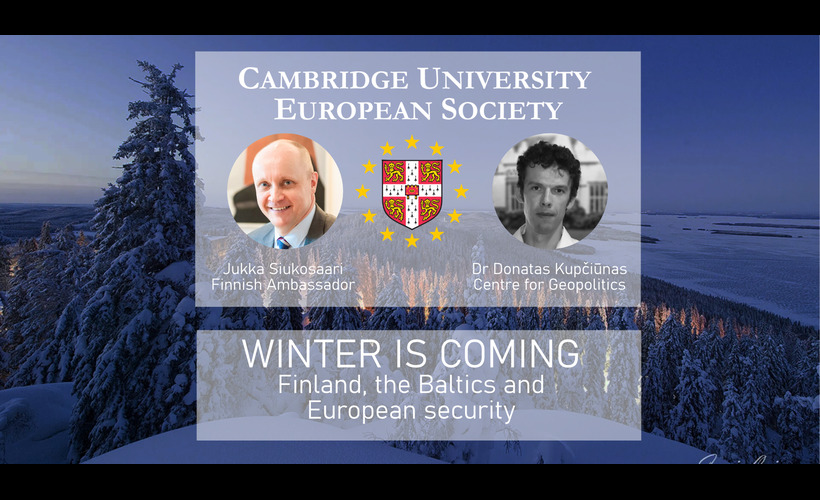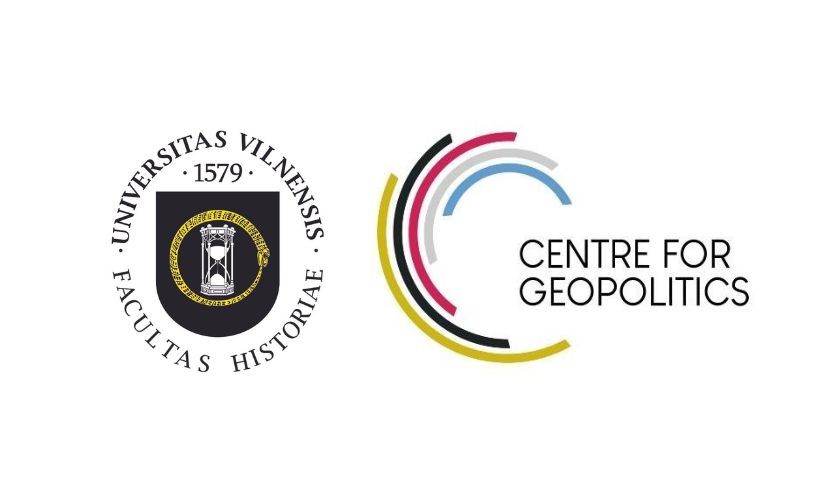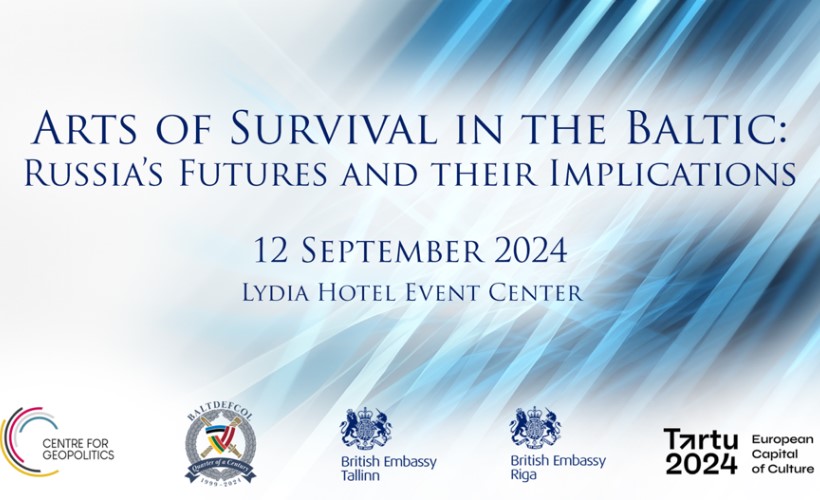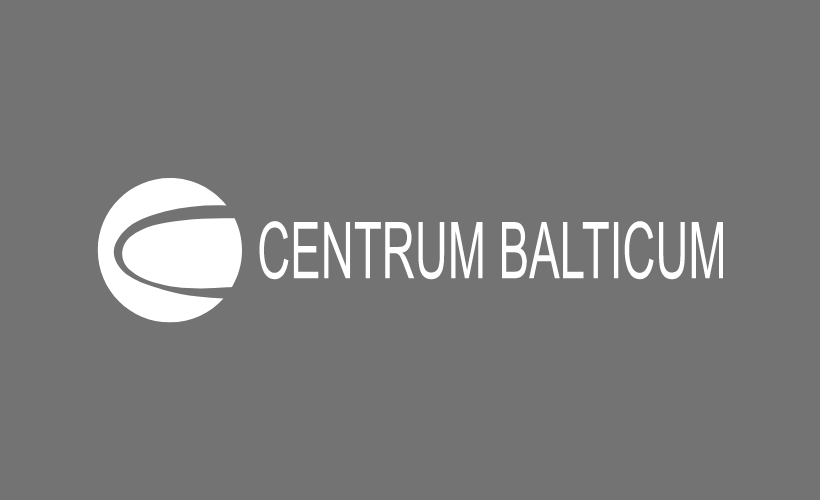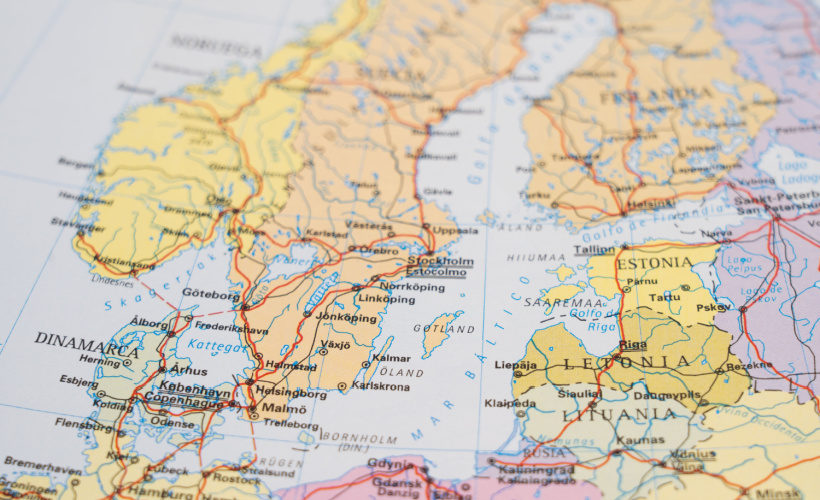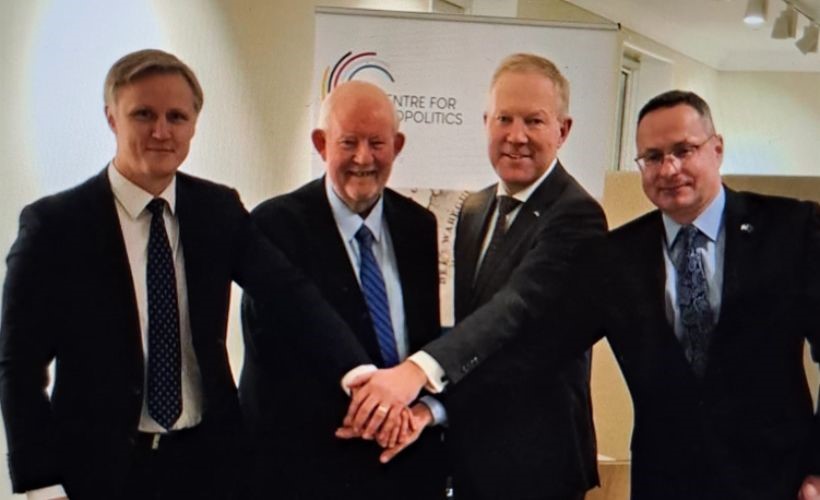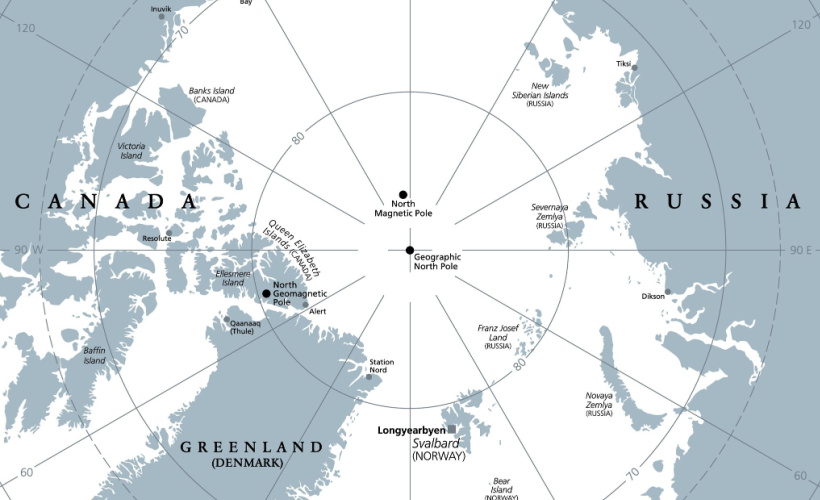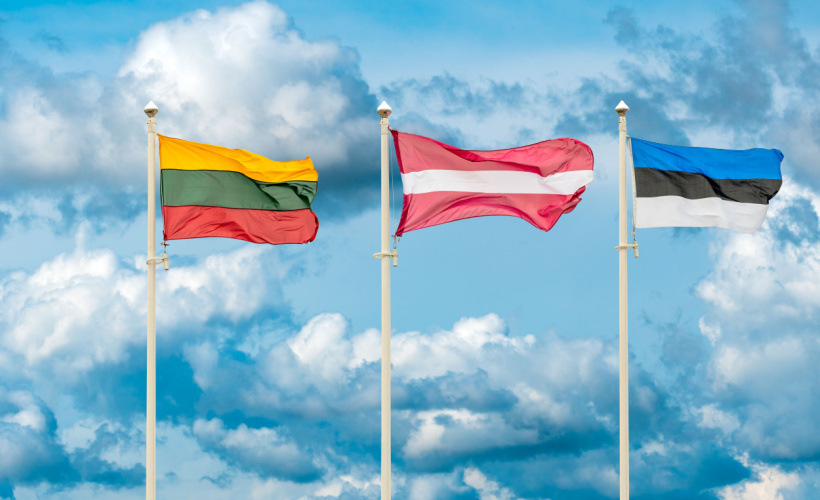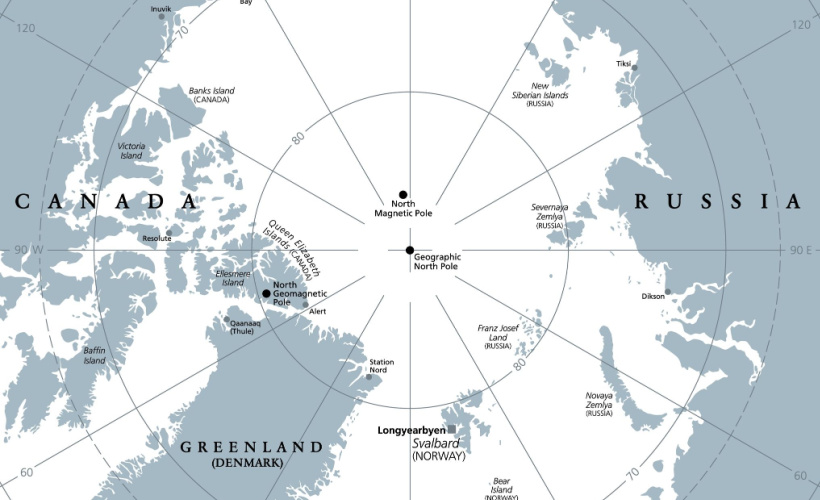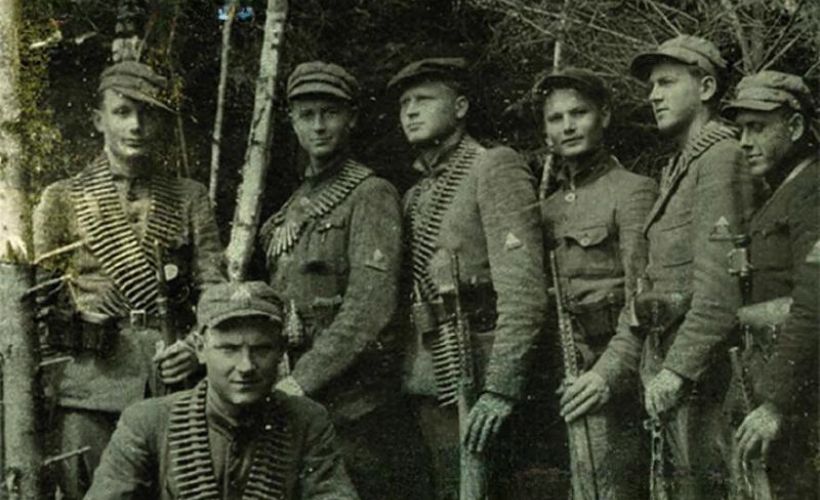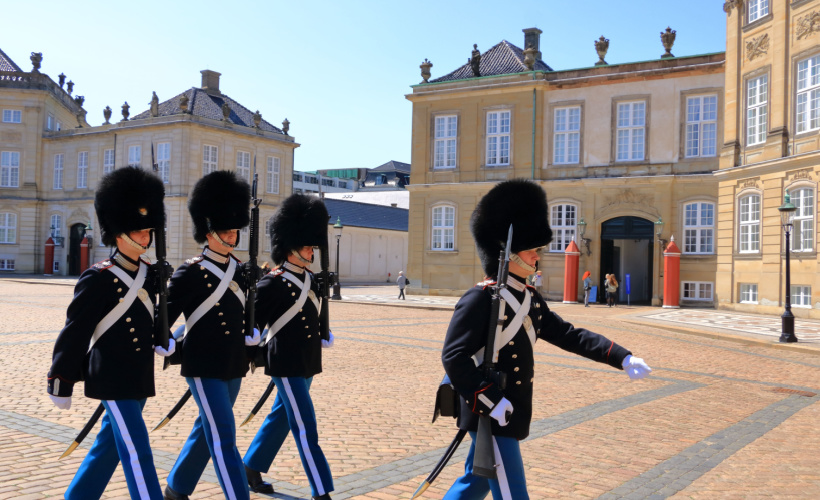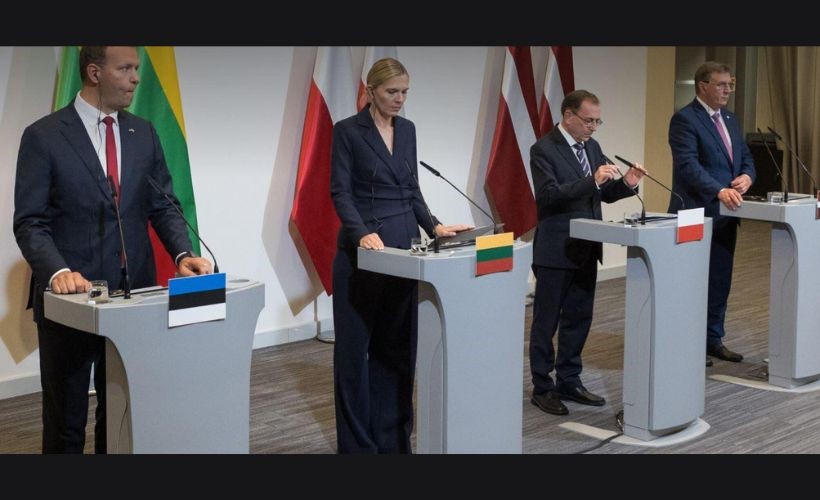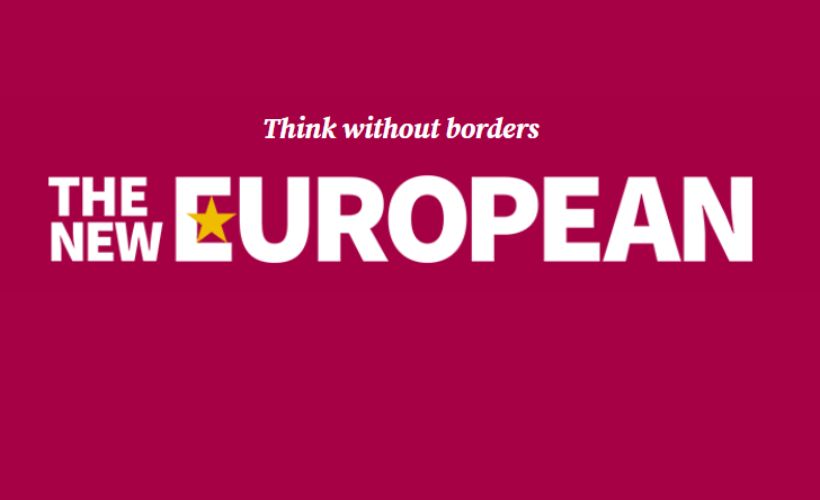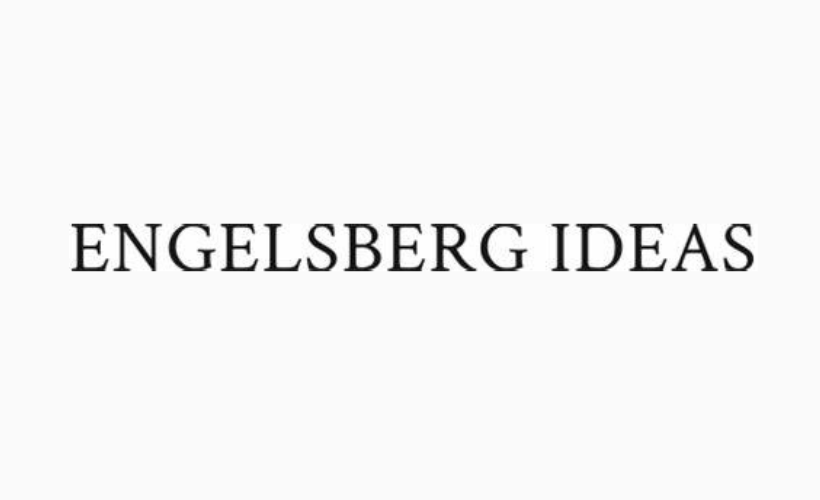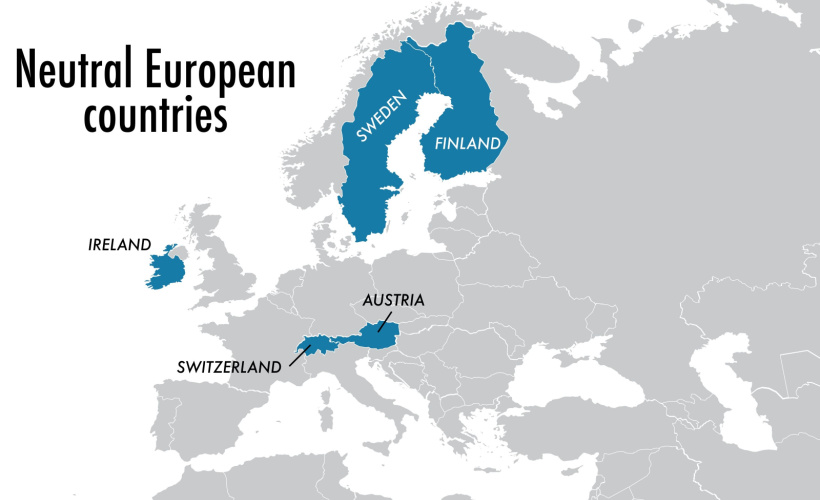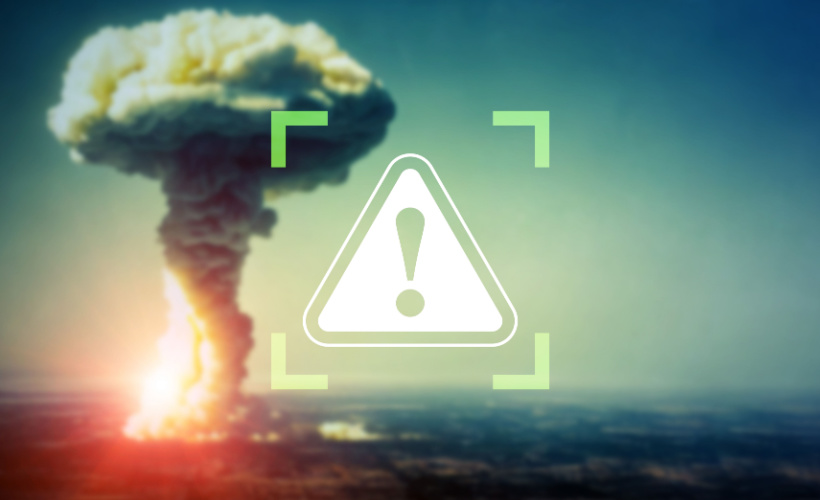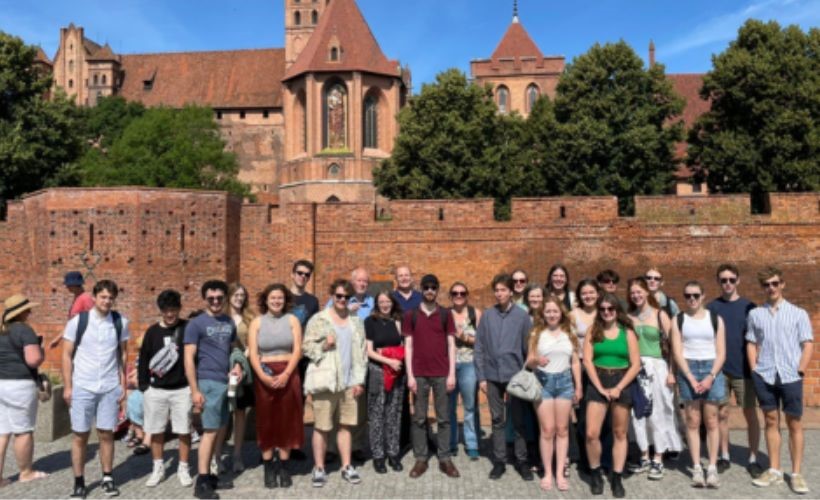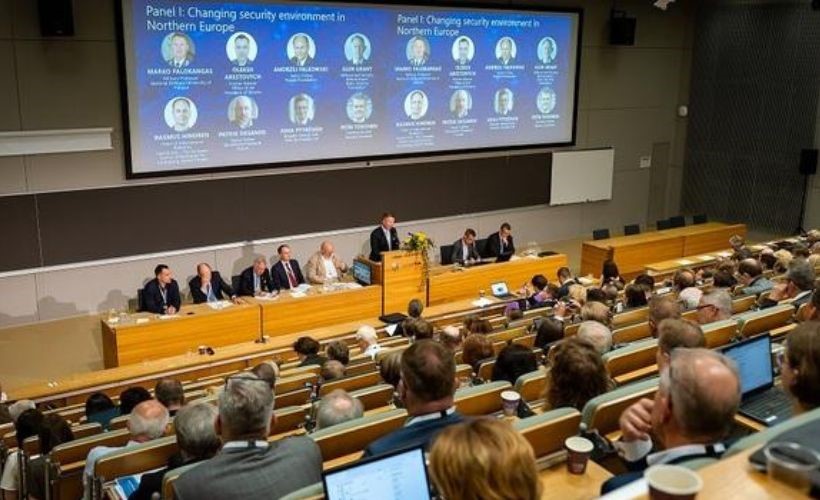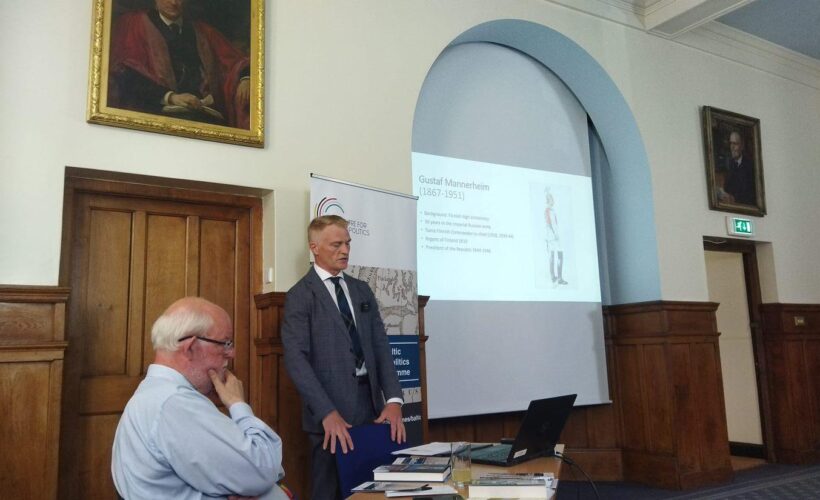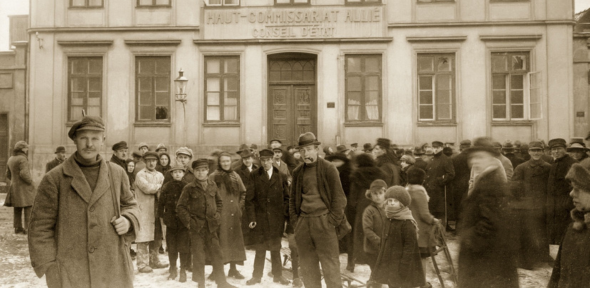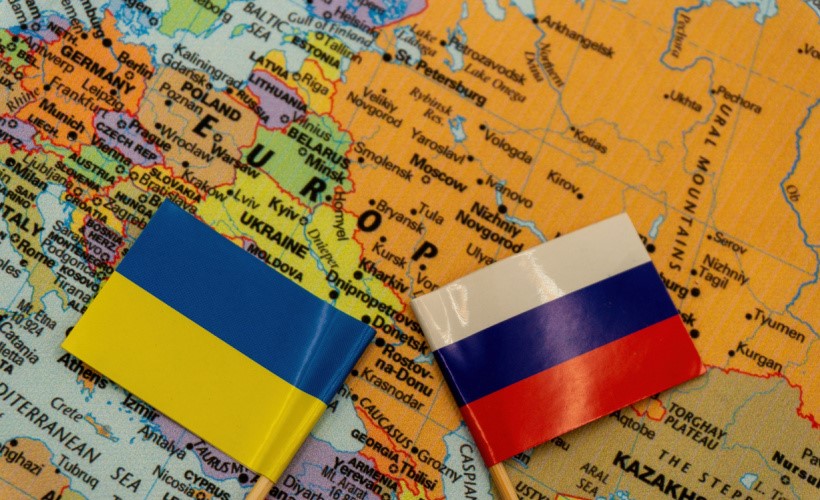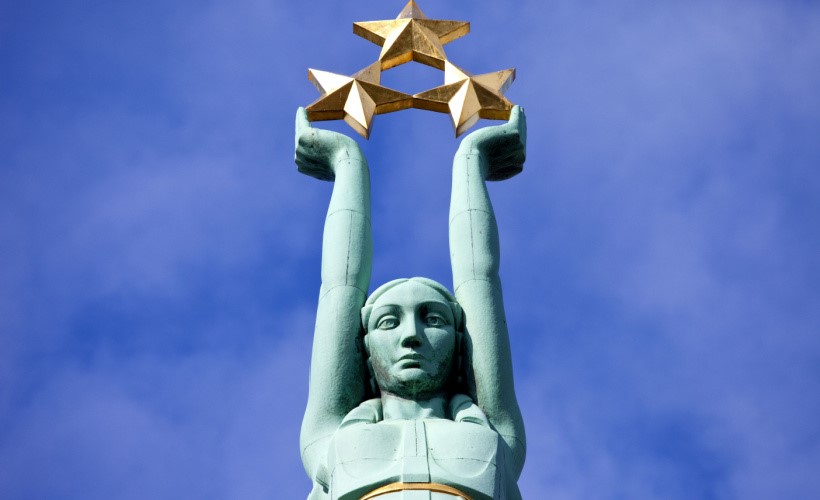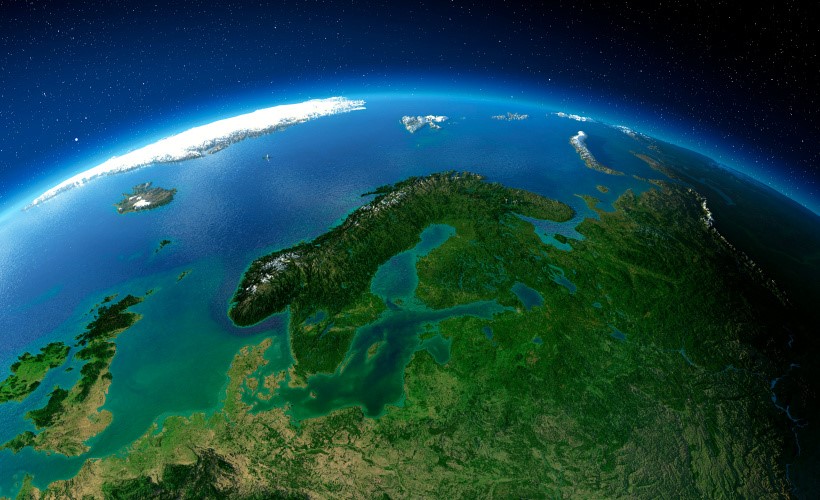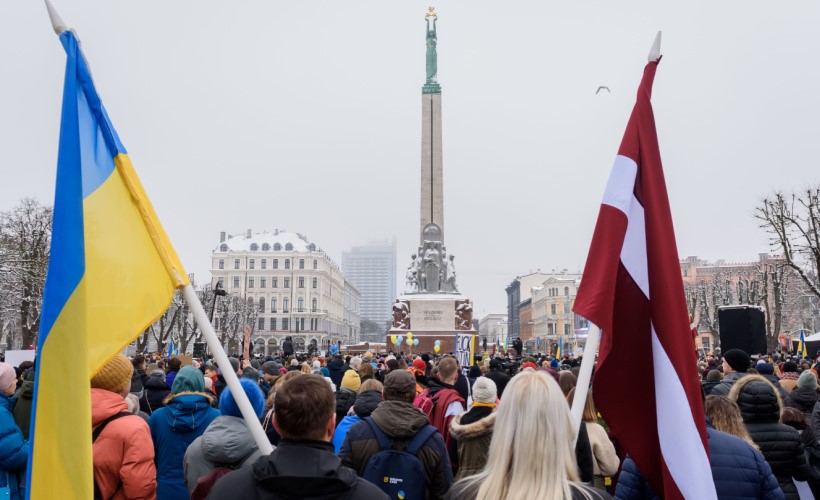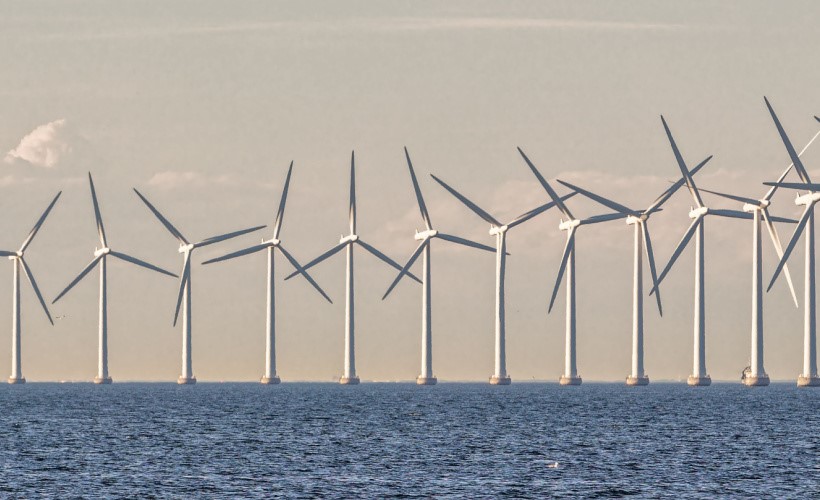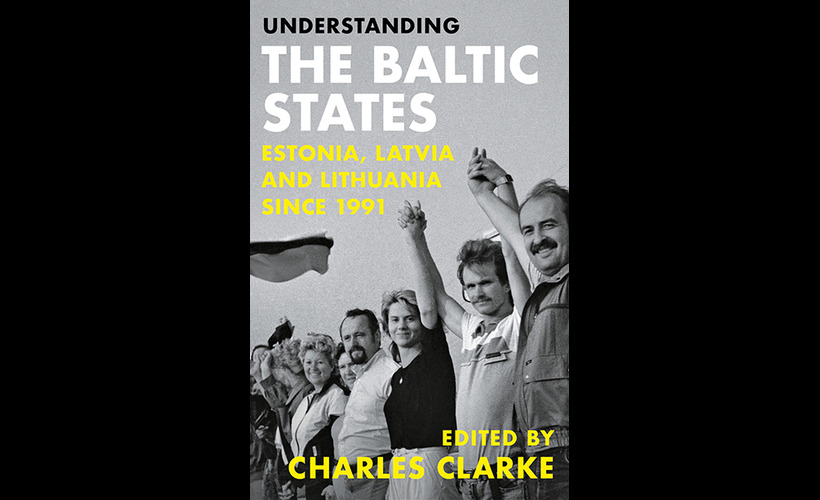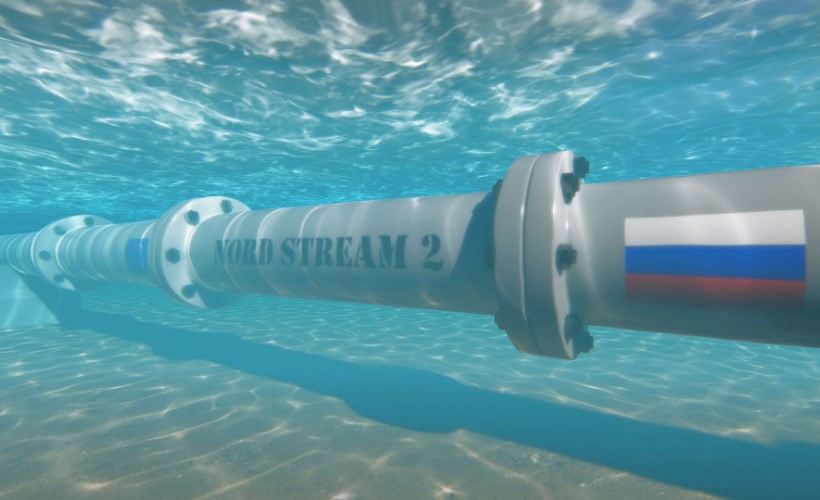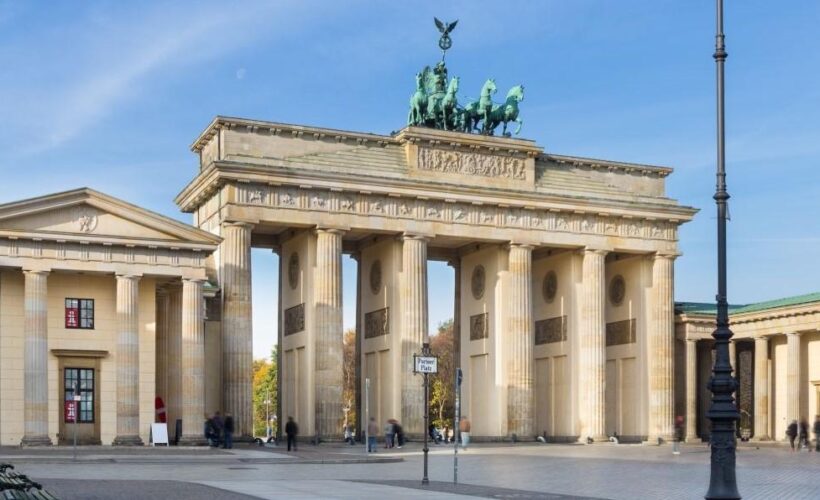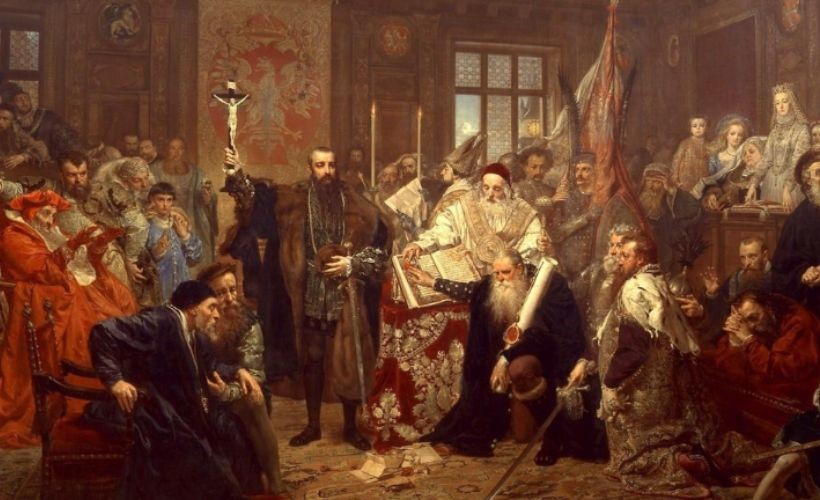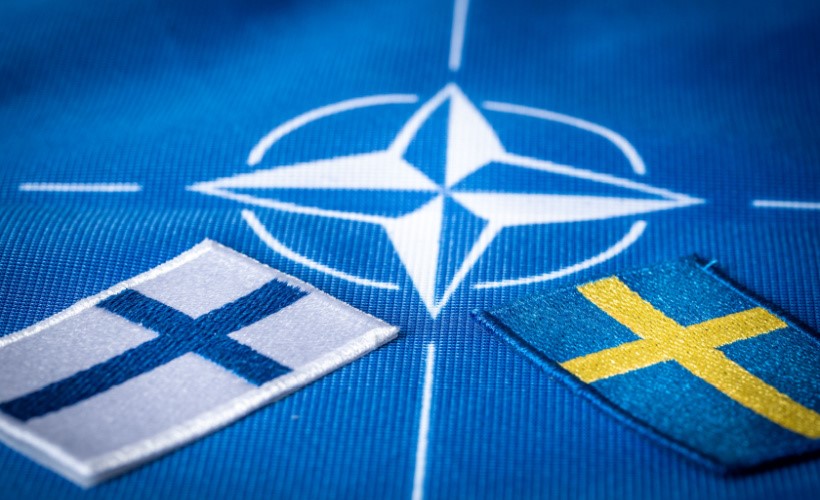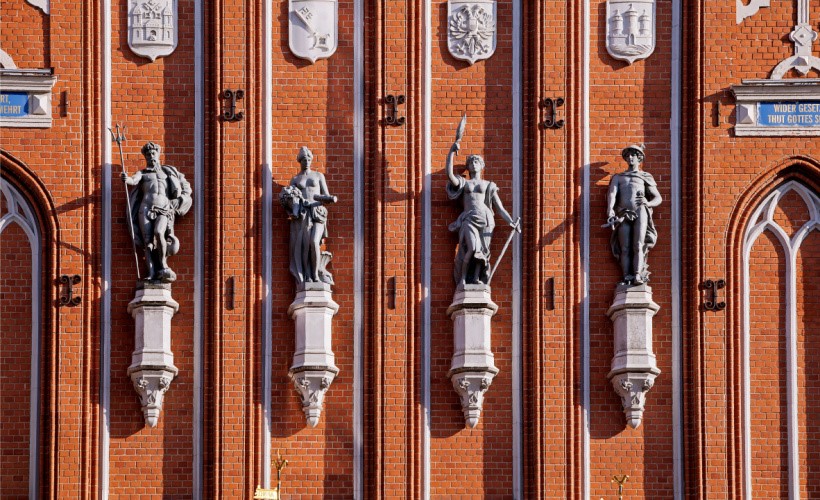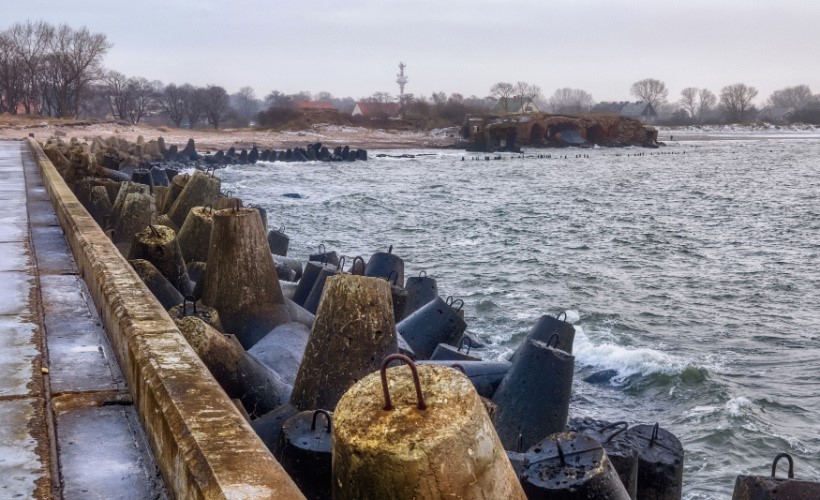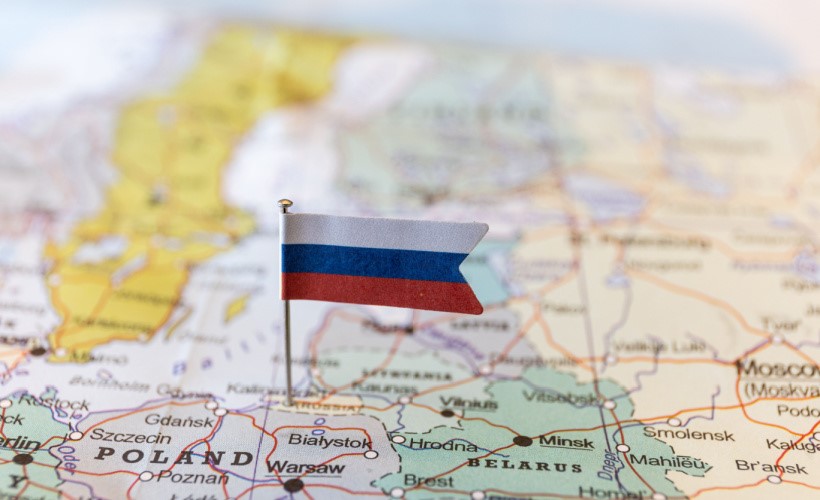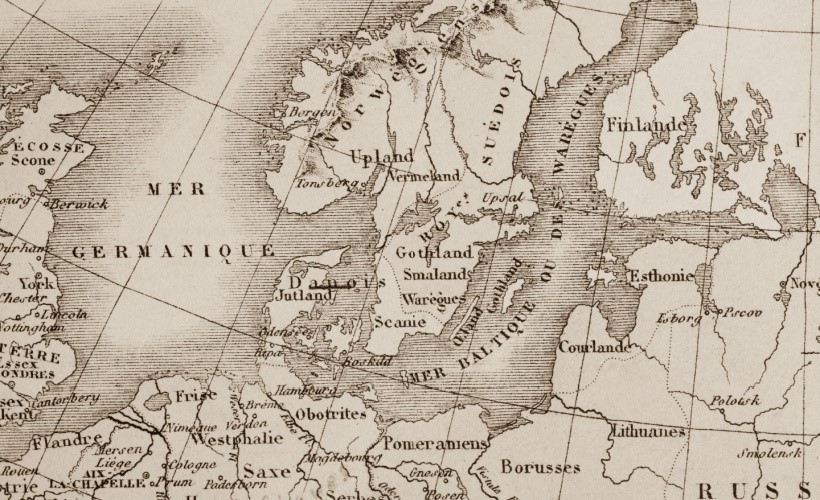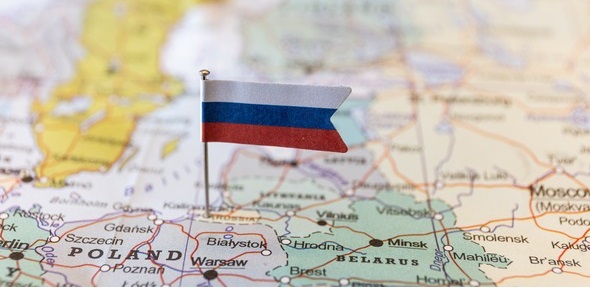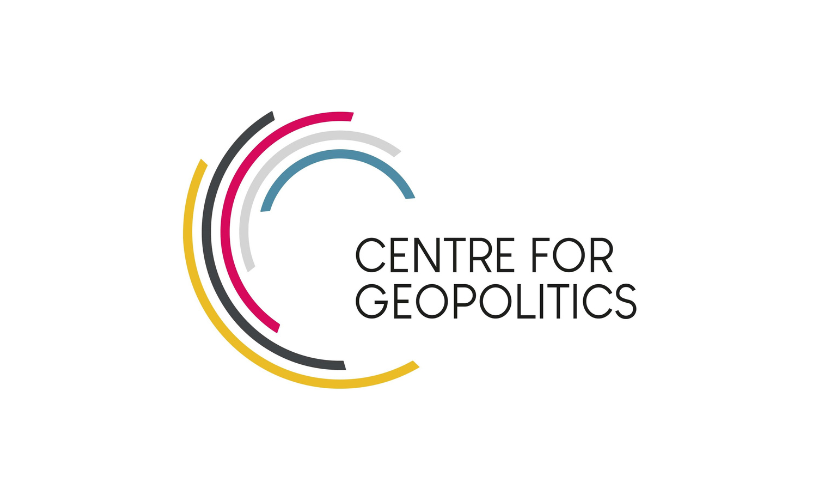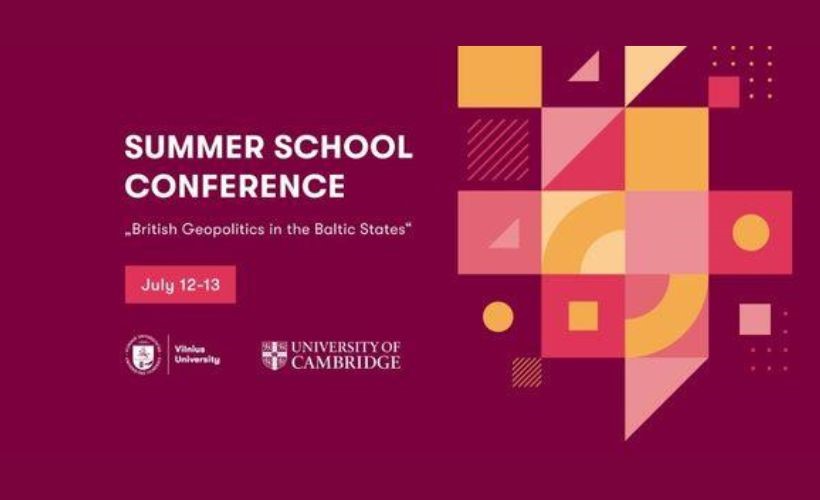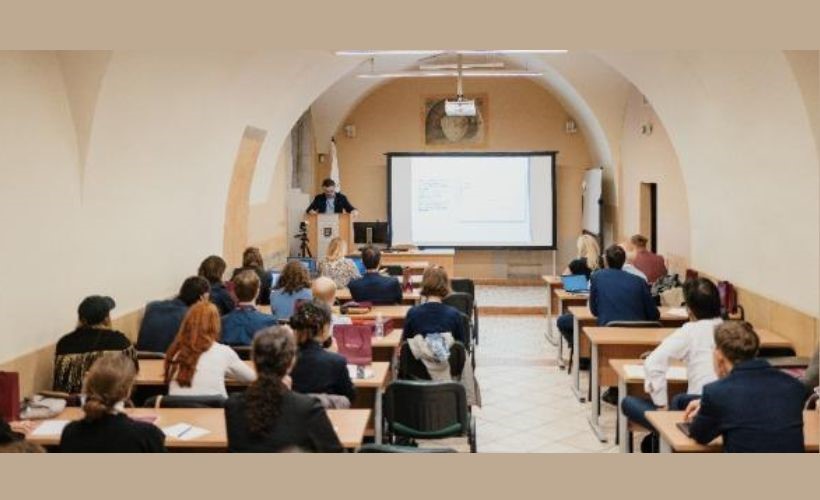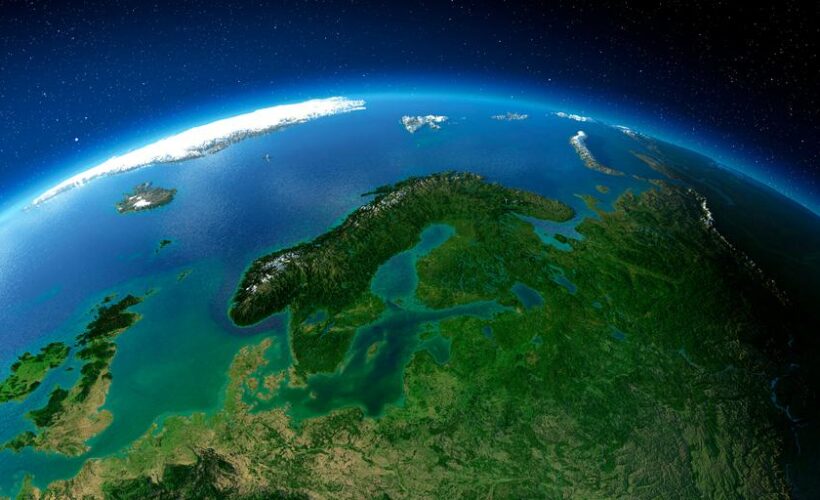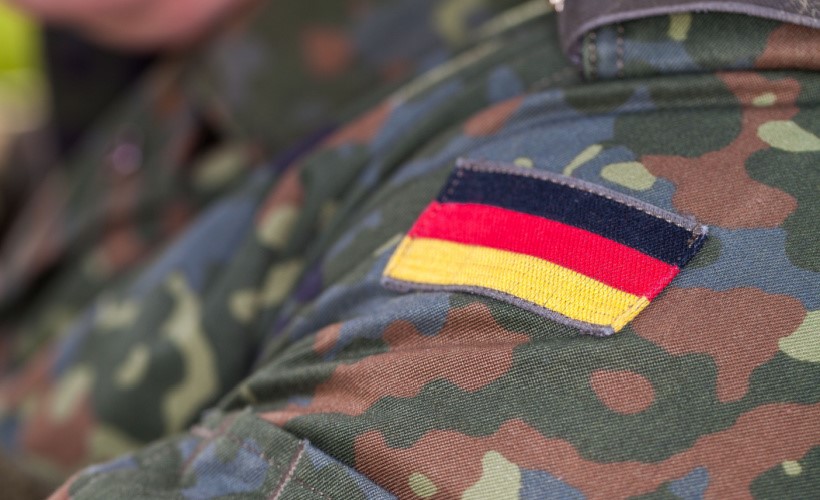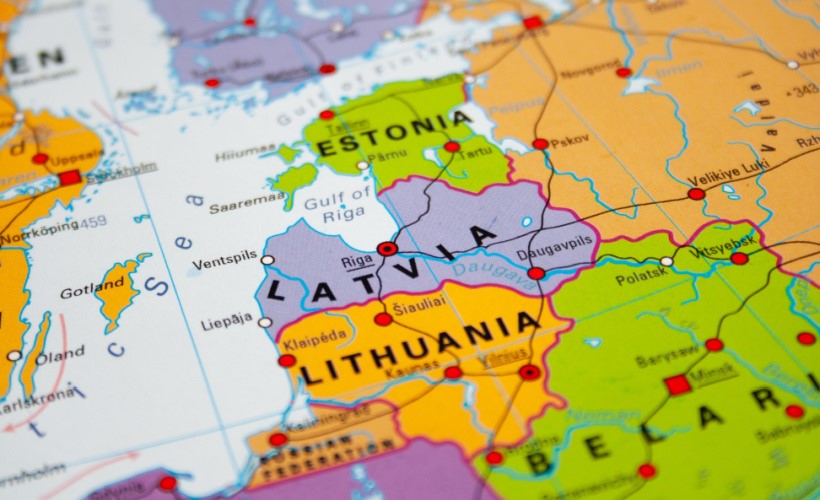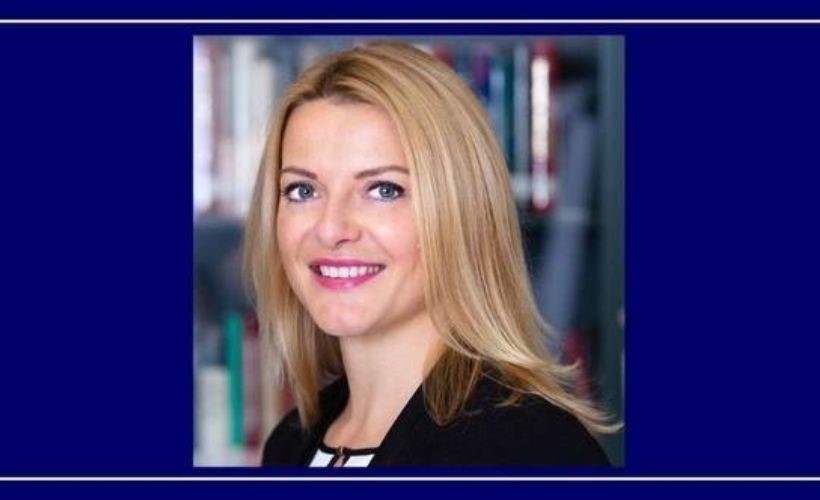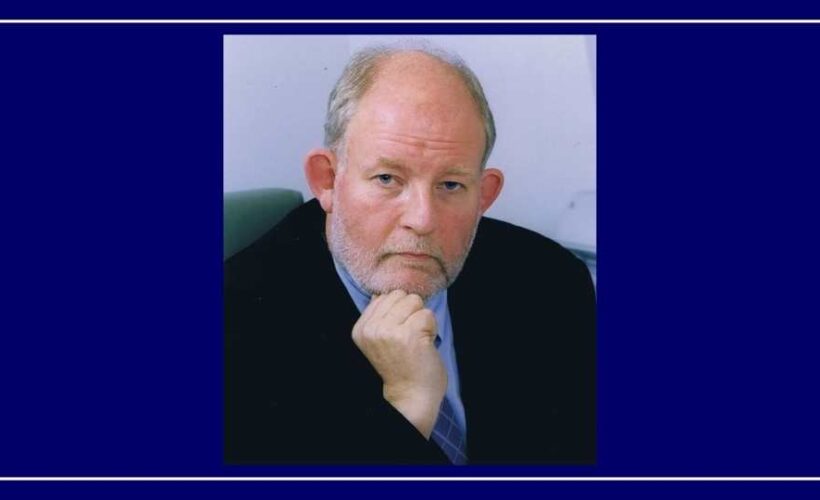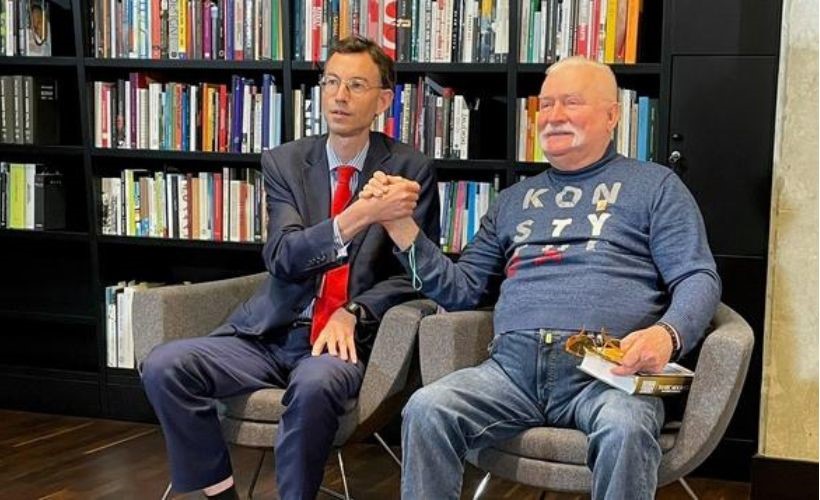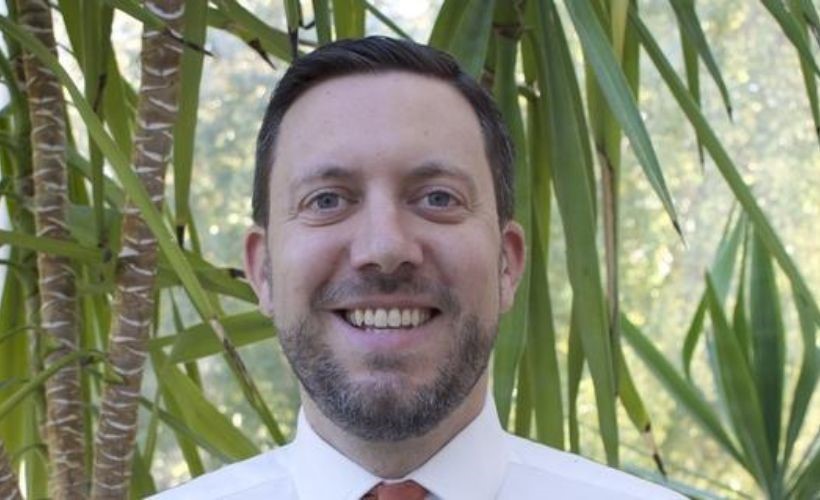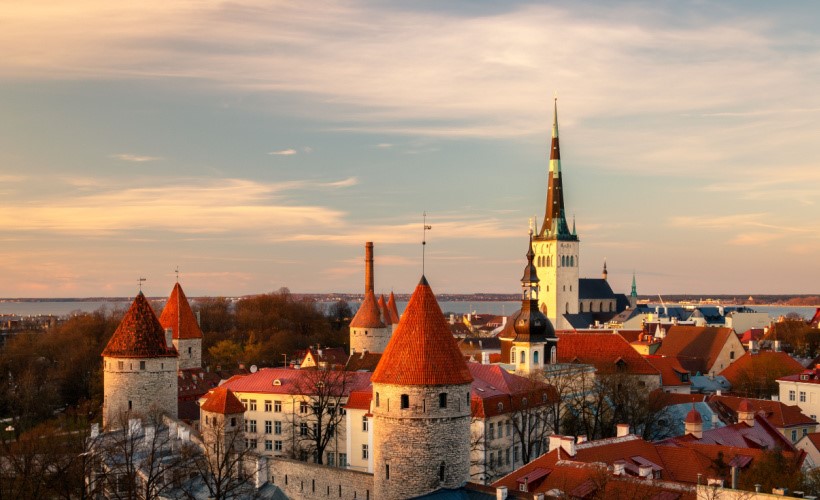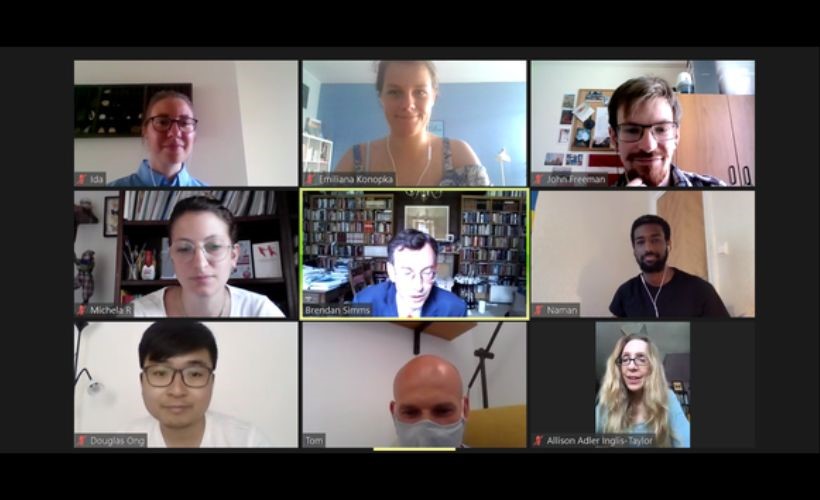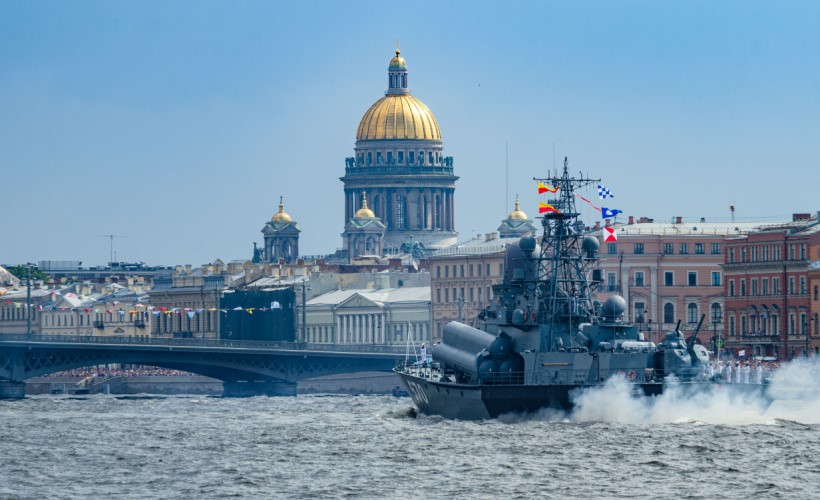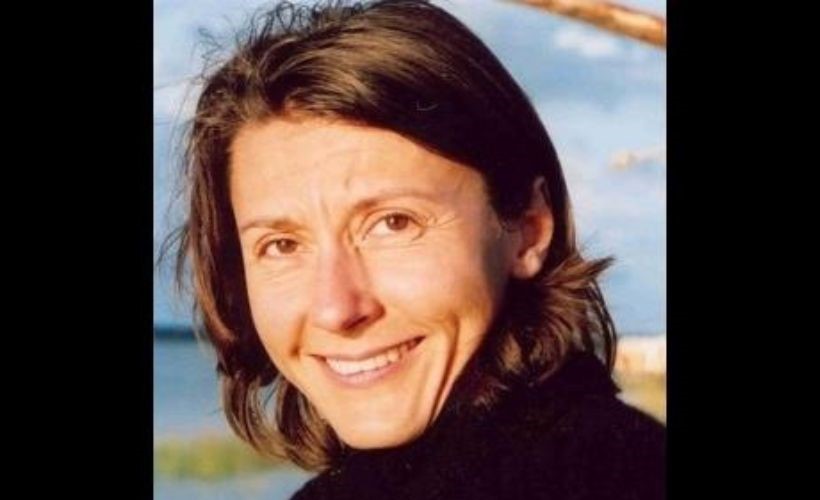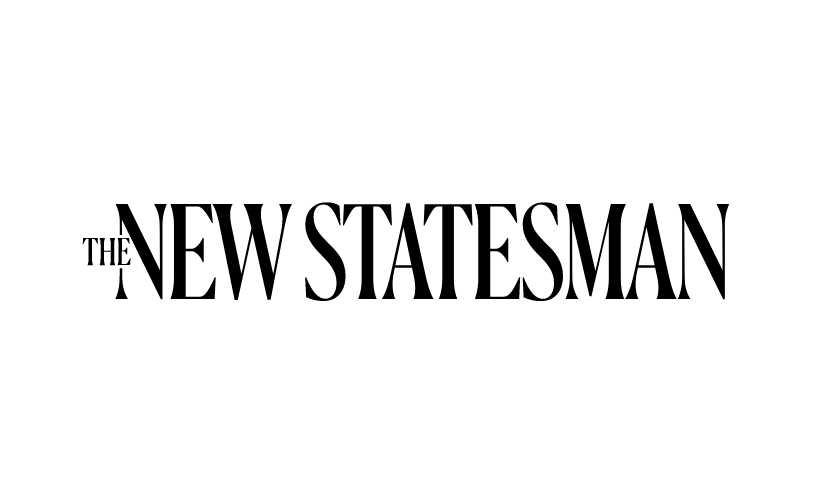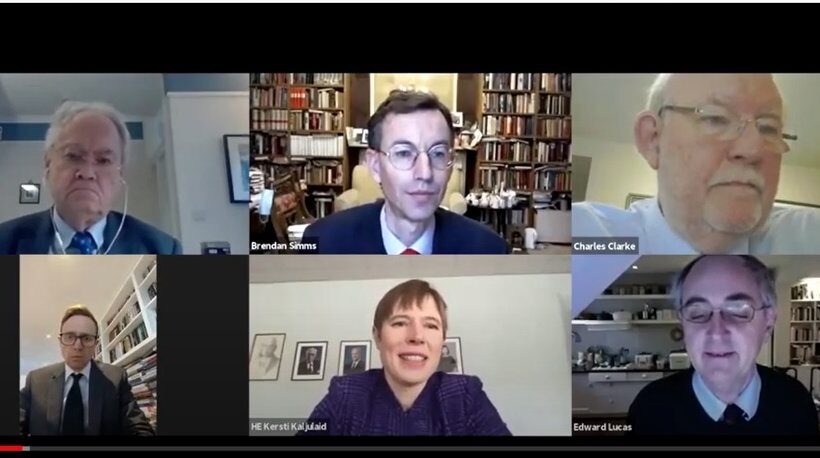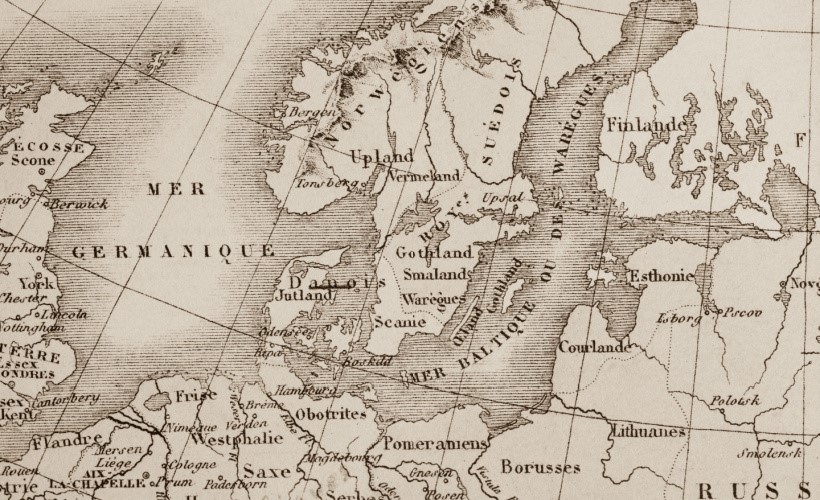The Centre for Geopolitics has a Baltic Geopolitics research Programme, designed to increase understanding of the geopolitics of the Baltic and the UK’s role in it.
The Baltic Sea region – defined here as the littoral of Denmark, Estonia, Finland, Germany, Latvia, Lithuania, Norway, Poland, Russia, and Sweden – has been an area of considerable importance to England, Scotland, and then the United Kingdom. In the 16th and 17th Centuries, it was a vital trading partner and source of fish, timber, furs, and many other products. In the 18th and 19th Centuries, the Royal Navy drew most of its naval stores from the Baltic, watched jealously over the balance of power in that region, and intervened against Russia. In the 20th Century, Britain encouraged the independence of the Baltic states in 1918-19 and fought both the Bolsheviks and the Nazis there. Later, the Baltic states, which regained their independence from the Soviet Union in 1990-91 and then secured membership in the European Union and NATO, were supported by the British government. And British forces today provide the backbone of NATO deterrence against Vladimir Putin in Estonia.
Despite this history, there is considerable ignorance in the contemporary UK about the area. Much of its history, language, and culture is not taught in our universities. As Britain withdraws from the ordering system of the European Union but remains deeply engaged in the politics of the continent through NATO and other bonds, this is not a sustainable situation. We consider that the UK academic focus on the Baltic Sea region is less strong than it needs to be, particularly in the current situation.
The Centre is addressing this gap with its Baltic Geopolitics Programme which is co-led by Professor Brendan Simms, Director of the Centre for Geopolitics at Cambridge University, and the Rt Hon Charles Clarke. Our launch event was held on January 20th 2021, including the involvement of the President of Estonia and the Prime Minister’s Foreign Policy Adviser, Professor John Bew.
The work of the Programme is centred on the study of the modern history (from about 1600) and current geopolitics of the Baltic, with a particular emphasis on relations with Britain. Its central organising principles are that we need to learn from history, to engage both academics and practitioners, to focus on the Britain – Baltic relationship, to emphasise geopolitical issues in a wide range of policy contexts, and to focus on the whole Baltic Sea region, so that we cover all of the countries around the Baltic Sea.
An important aspect of the Programme, and the importance of its historical basis, is to provide an independent and academically rigorous analysis and discussion of the central geopolitical issues in the region. This has always been important but has assumed greater significance in light of President Putin’s efforts to present current Russian activities in a false historical context.
The Programme has now organized over 50 events, of which the majority have been in-person, mainly in Cambridge, but also in the Baltic Sea region. These include two major international symposia in Cambridge in March 2022 and March 2023 which will now become annual events with published books forming part of the output. We have organised excellent panel events at major security conferences such as the Munich Security Conference and the Warsaw Security Forum. And we hold joint events with our partners in the Baltic Geopolitics Network, such as those we have already organised with Gdansk, Helsinki, Turku, Tallinn, Berlin, Riga, and Klaipeda.
The Programme has two Baltic Geopolitics Research Fellows, Dr Donatas Kupčiūnas, from September 2021, and Trevelyan Wing, who started in February 2024. We run a course on “Britain and the Geopolitics of the Baltic (16th Century to present)” to an international group of MPhil students. A sourcebook on Britain’s role in the Baltic from around 1500 to the present day will provide an important academic foundation for future work.
We participate actively in the relevant international academic networks, such as the Association for the Advancement of Baltic Studies (AABS), the British Association for Slavonic and East European Studies (BASEES), and the Conference on Baltic Studies in Europe (CBSE). We will be hosting the CBSE 16th Conference in Cambridge on April 24-26, 2025.
The Baltic Geopolitics Network and our international summer schools are important means of increasing our academic strength and building interest in the region.
The Baltic Geopolitics Programme Advisory Board
The Baltic Geopolitics Programme has an Advisory Board which has played an important role in assisting the Programme to develop its activities. Its members are:-
- David Cairns (Chair) – British Ambassador to Sweden and the FCDO’s Director for the Nordic-Baltic Region 2015-2019; Vice-President Equinor
- Professor Sir Leszek Krzysztof Borysiewicz FRS FRCP FMedSci – Vice-Chancellor of the University of Cambridge 2010 – 2017
- Nicola Clase – Swedish Ambassador to UK 2010-2016 and to Finland from 2020
- Rt Hon Sir David Lidington KCB CBE – Chancellor of the Duchy of Lancaster and Minister for the Cabinet Office 2018-19; Minister for Europe 2010-2016
- Thomas Matussek – German Ambassador to UK 2002 – 2006; Senior Advisor to Flint Global
- Lord Jeffrey Mountevans – Lord Mayor of London 2015-6; Chairman Baltic Exchange
- James Oates – Chief Executive Cicero Capital; Honorary President British-Estonian Chamber of Commerce



